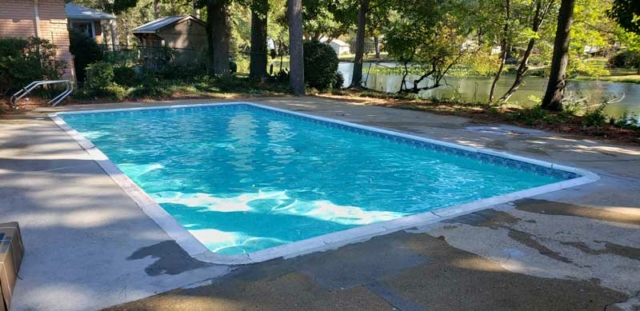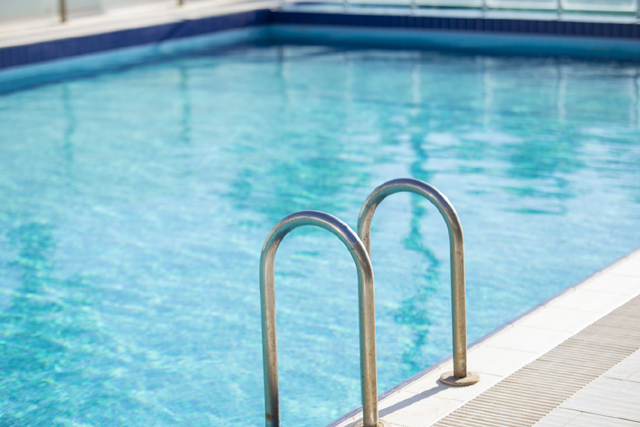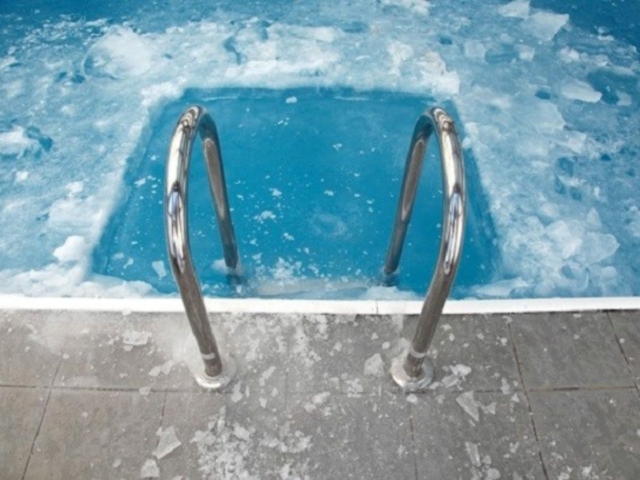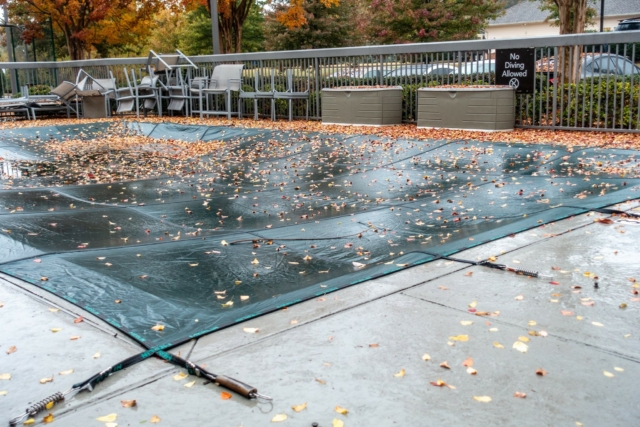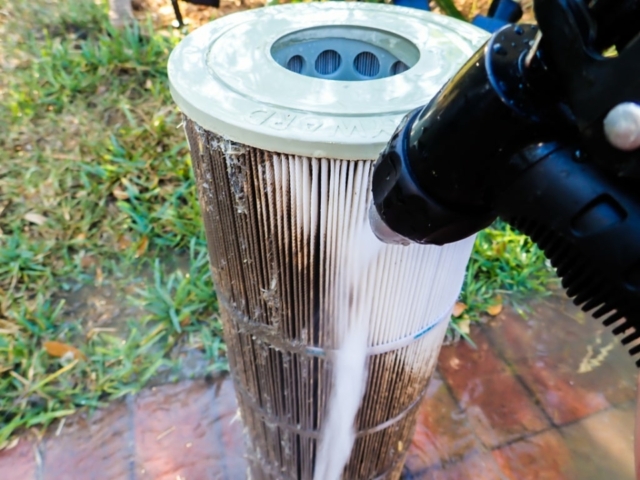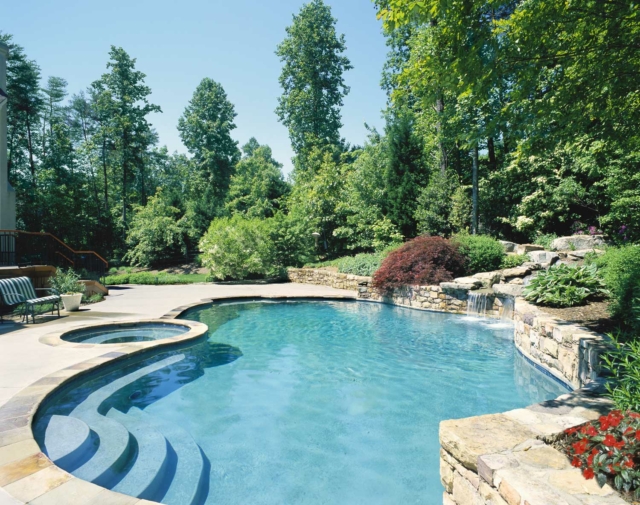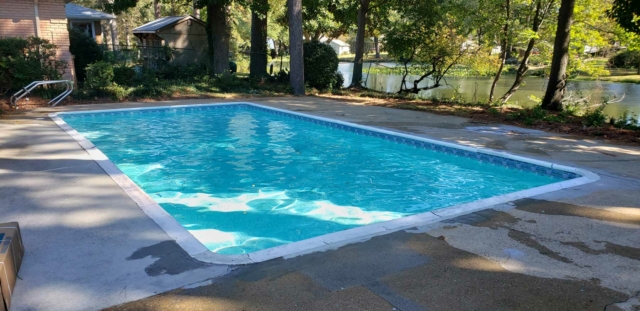Get a Pool Inspection before Buying a Home
Are you planning to install a pool on your property? Congratulations! Swimming pools are spectacular features that serve as excellent sources of relaxation and fun. Nevertheless, constructing a pool is costly. So, before you start building your pool, ensure you get a pool inspection. This procedure will help you know whether your property qualifies for pool construction. Almost all states require that you undergo an inspection before construction. If you have a reliable pool contractor, they will always organize the pool inspection for you. In this article, we look at why you should get a pool inspection before buying a home.
Advantages of getting a pool inspection before buying a home
Safety:
The number one reason why you should get a pool inspection is to ensure safety. During the inspection, local authorities will identify whether the pool is being built according to state guidelines. Subsequently, they will render it safe for consumption. Note that those pool construction guidelines may vary from state to state. But they all advocate safety.
This procedure lets you know that you are making the right decision to buy the home. Even though the pool is all you ever dreamed of, you must ensure it complies with all safety regulations. Otherwise, you might end up paying huge penalties in the long run.
Equipment Checks:
A pool inspection helps you ensure that all your equipment is working correctly. The inspector often examines the pump, filter, and other pool equipment during the inspection to ensure they are running correctly. During this process, they switch on all the equipment to see whether everything is functioning correctly. The inspectors also examine electrical cables and the plumbing system. This way, they ensure that all pool equipment is installed based on the safety guidelines. Moreover, they check for leaks. If they identify issues with your equipment and plumbing system, it is up to you to decide whether to fix them or give up buying the house.
Structural Conditions Matters:
Unquestionably, swimming pools are susceptible to wear and tear. So, it is not unusual to find one or two problems in the pool. Nonetheless, pool inspectors can detect when a problem is getting out of hand. For instance, they know how to check for structural cracks. You might not be able to detect a structural crack, especially if the pool surface is still looking new. During a pool inspection, the inspector will identify everything that needs repair or replacement. They will check the pool finish and the area around the pool to ensure it is free from structural issues. Keep in mind that your pool deck should have a strong structure. Otherwise, this might cost you thousands of dollars in the long run. Also, it might pose a safety concern in your household.
Pool lighting:
At present, almost all pool types incorporate LED lights. Pool lighting transforms your yard into a glowing oasis. Even so, pool lights are usually prone to wear and tear. In fact, they only last for a few months. Conducting a pool inspection will help you know whether all the pool lights are working. Also, it helps you know whether the pool has an outdated lighting system. If this is the case, you might have to replace the pool lighting using your own money and the primary source of electricity. Inspectors will also check for any signs of condensation in your pool lights to determine whether you need a replacement.
The Rest of the Yard:
A pool inspection before buying a home helps you determine whether the yard is compatible with the pool. Typically, inspectors examine the position of the rain gutters to ensure rainwater won’t splash into the pool frequently. They also check the position of your trees to make sure your pool won’t get dirty often. They’ll examine the pavers around the pool during this process and ensure they provide a strong foundation for your pool.
Saltwater Corrosion:
If the property has a saltwater pool, pool inspectors will check for signs of corrosion. Saltwater pools are more susceptible to corrosion due to the existence of salt. Although they are low maintenance, saltwater pools often have corroded surfaces. If the pool is found to have rusted surfaces, it is up to you to decide whether you’ll fix the pool or give up buying the home.
Pool Accessories:
During a pool inspection, local authorities often check the condition of your pool accessories. Generally, the pool accessories should adhere to all safety guidelines as issued by the state. Also, they examine whether all the water features are in good condition and suggest which ones you should remove.
In summary
Ultimately, it is essential to get a pool inspection before buying a home. A thorough inspection helps you determine whether the pool is in good condition. In turn, this affects your purchase decision. If you want to get a pool inspection, do not hesitate to contact Fox Pools. We have the best pool contractors who can help you make the right purchase decision.

